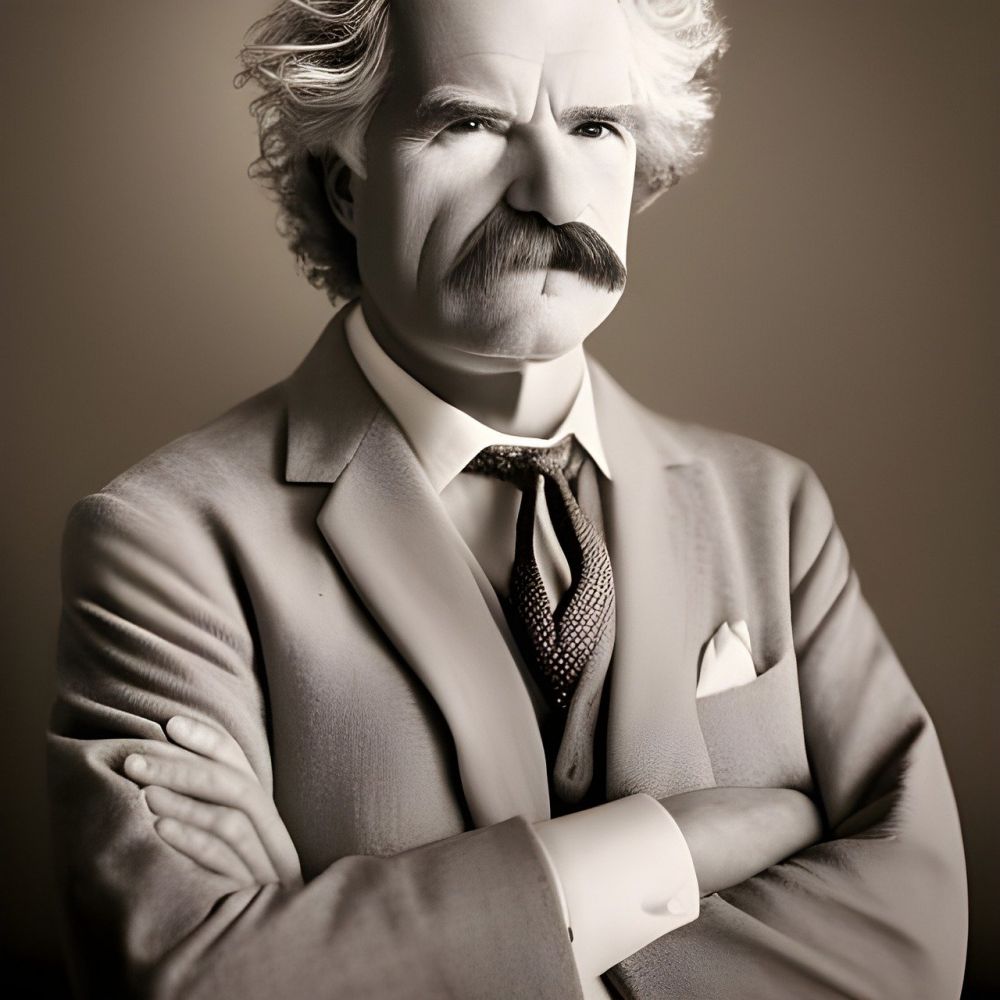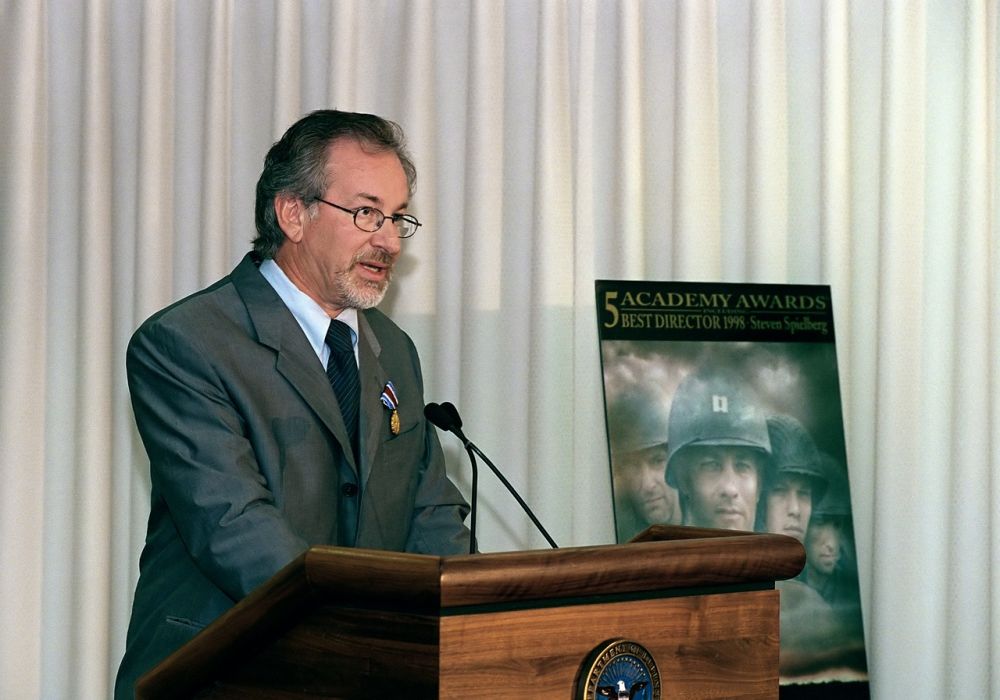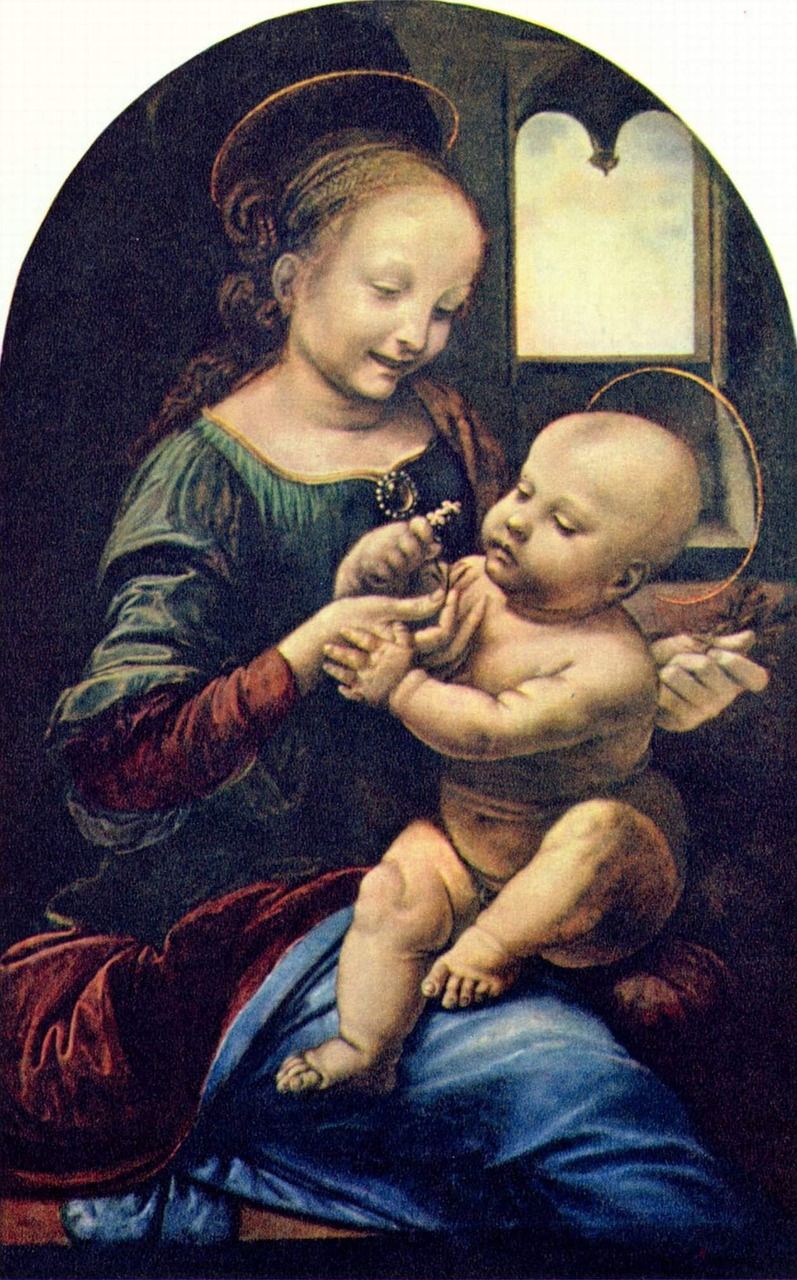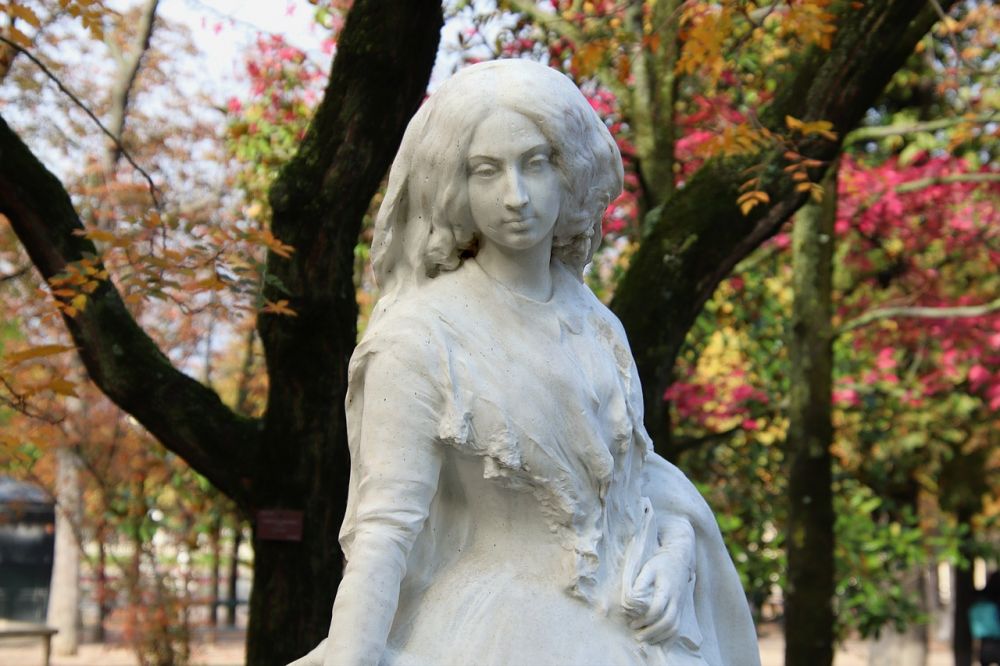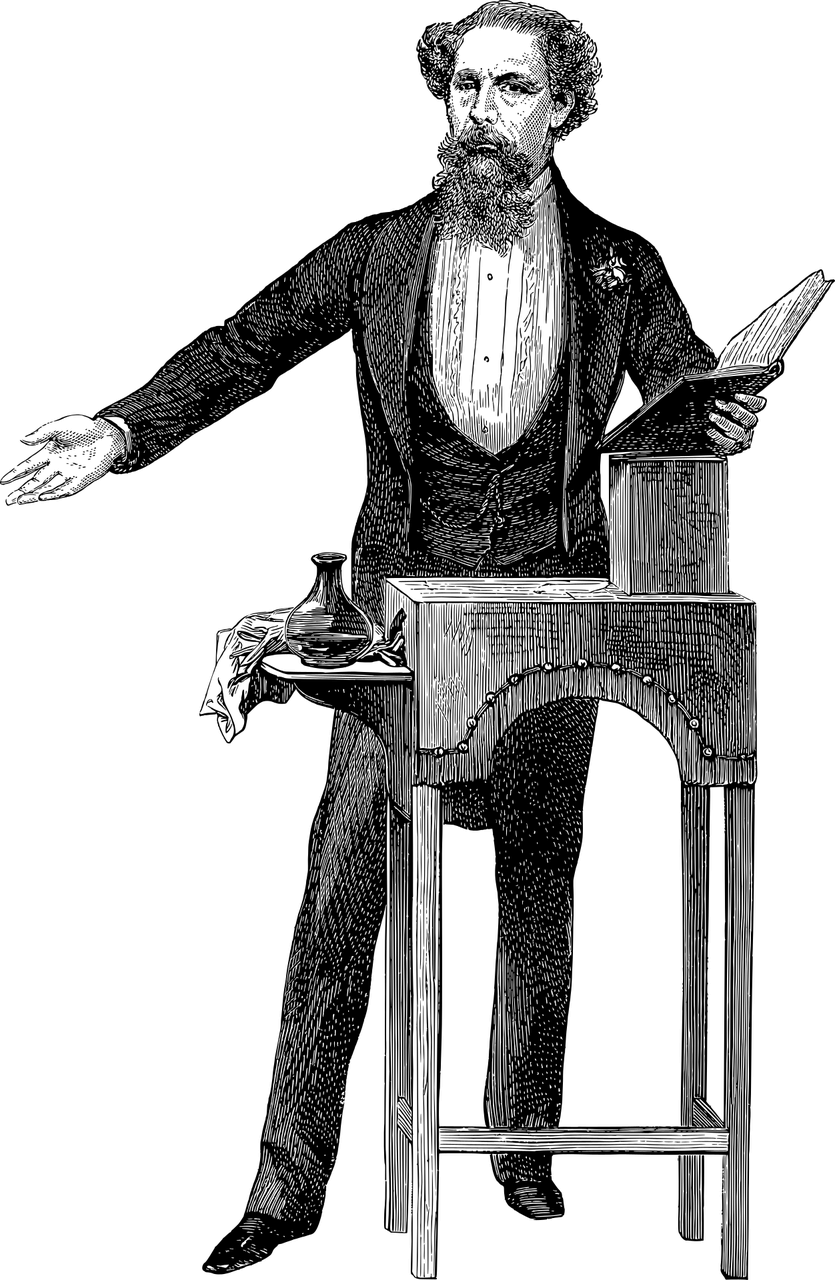Orlando by Virginia Woolf: A Journey into Time and Identity
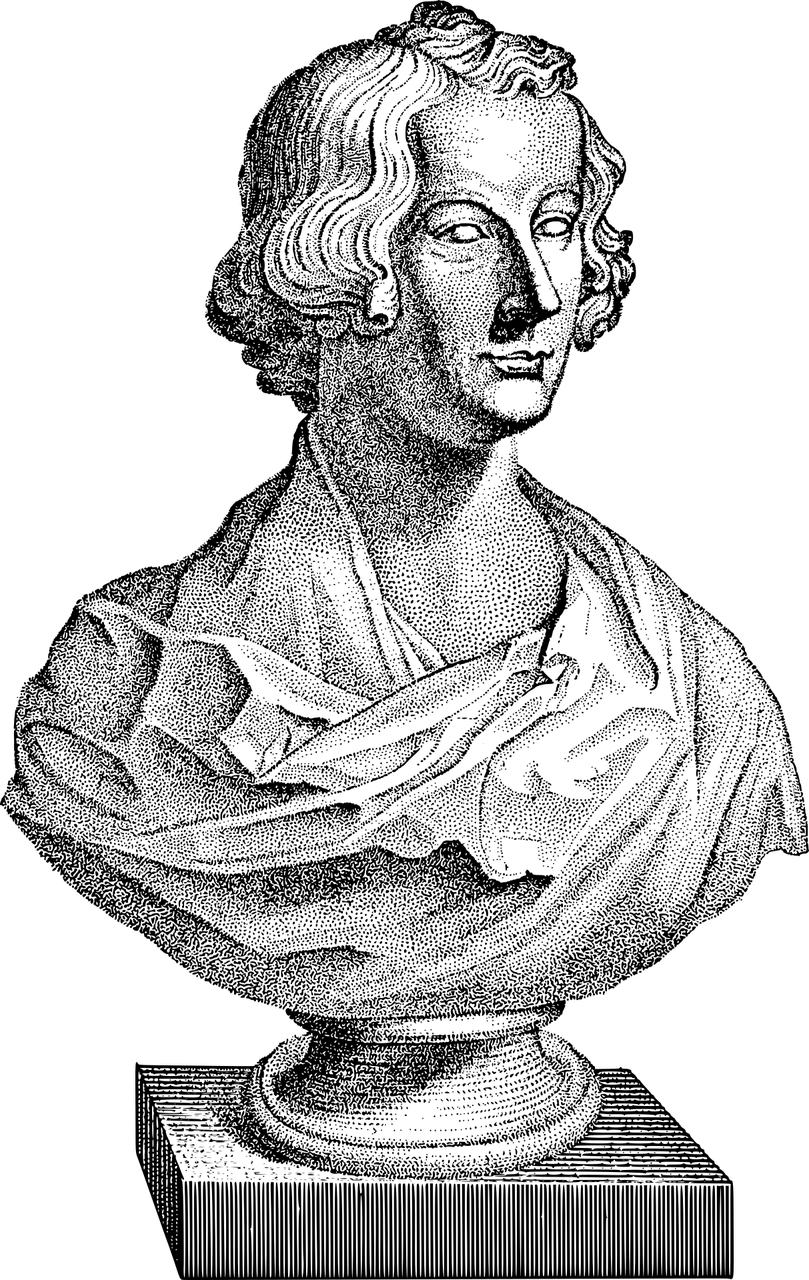
Introduction:
Considered as one of the most influential and groundbreaking works of literature, “Orlando” by Virginia Woolf takes its readers on a captivating journey through time and explores the complexities of identity. In this article, we will delve into the world of “Orlando,” discussing its significance and providing a comprehensive historical overview of its evolution.
Why “Orlando” Matters:
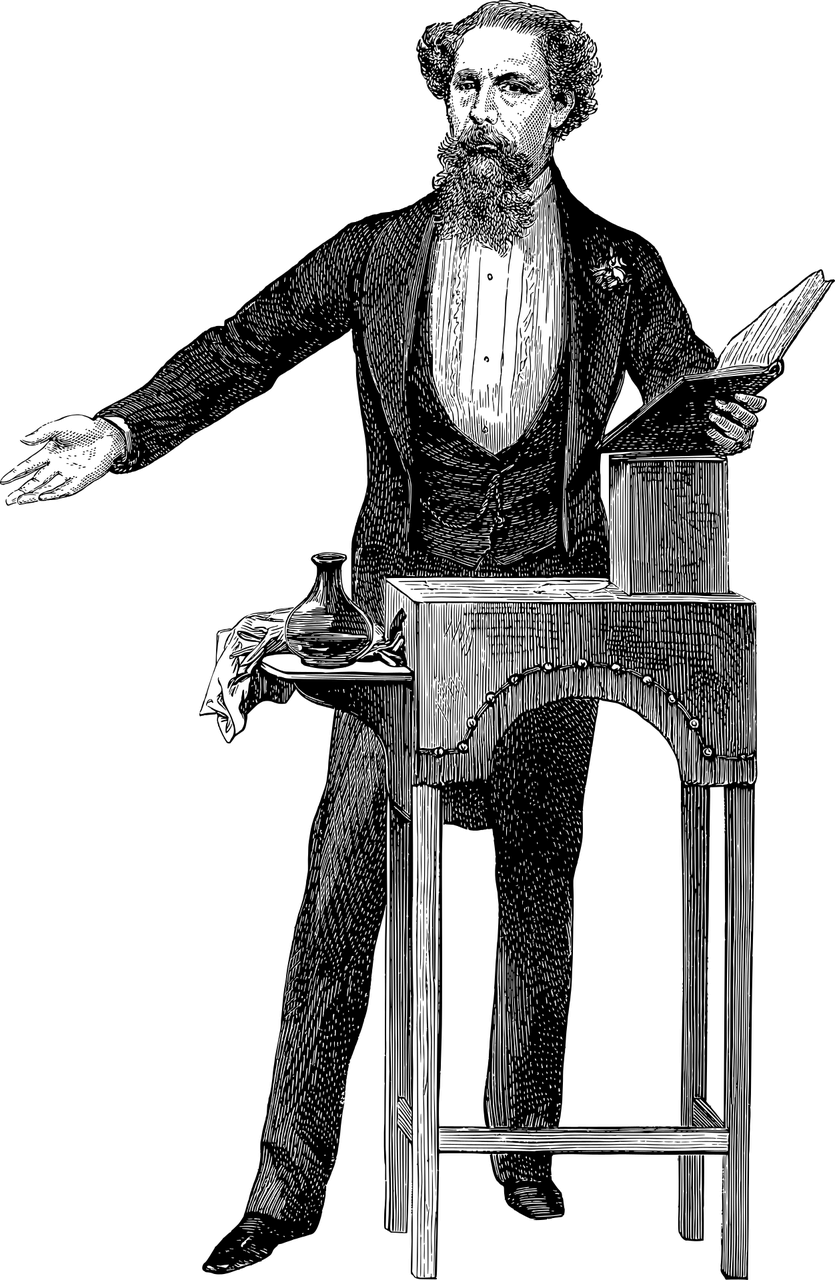
“Orlando” is a novel that beautifully transcends traditional storytelling boundaries, blending elements of fantasy, biography, and satire. Published in 1928, Woolf’s work challenges societal norms and constructs by following the life and adventures of the titular character, who undergoes a remarkable transformation from a man to a woman and ages over several centuries, spanning from the Elizabethan era to the present day.
The novel explores themes such as gender, sexuality, time, and artistic expression, offering a thought-provoking commentary on the fluidity and malleability of identity. Its experimental narrative style, rich imagery, and profound exploration of human nature have made it a significant work within the literary canon.
Historical Evolution of “Orlando”:
To truly appreciate the significance of “Orlando,” we must explore its historical development and contextualize it within the broader artistic and cultural movements of its time.
1. The Early Years:
Virginia Woolf began writing “Orlando” as a playful tribute to her close friend and lover, Vita Sackville-West. Inspired by Sackville-West’s unique family history and unconventional lifestyle, Woolf crafted a narrative that celebrates individuality and challenges societal constructs.
2. Bloomsbury Group Influence:
Woolf was a prominent member of the Bloomsbury Group, an influential collective of writers, intellectuals, and artists. The group’s avant-garde beliefs and progressive ideologies greatly influenced Woolf’s writings, including “Orlando.” The novel’s exploration of gender and its rejection of traditional forms echo the group’s commitment to breaking artistic conventions.
3. A Reflection of Modernist Literature:
“Orlando” embodies the core principles of modernist literature, which emerged in the early 20th century. The novel’s fragmented narrative, stream-of-consciousness, and rejection of linear time reflect the experimental and innovative spirit of the modernist movement.
4. An Ongoing Legacy:
Nearly a century after its publication, “Orlando” continues to inspire and resonate with contemporary audiences. Its exploration of gender identity, the fluidity of time, and the power of imagination remain relevant in today’s society, making it a timeless work.
Structured for Success:
To maximize the chances of being featured as a Google snippet, this article is carefully structured to present information in a concise and easily accessible manner. The use of bulleted points below illustrates key elements of the article:
– Introduction: The significance of “Orlando” by Virginia Woolf.
– Why “Orlando” matters: Exploring the novel’s themes, experimental style, and its impact on literature.
– Historical evolution: The early years, Bloomsbury Group influence, connection to modernist literature, and its ongoing legacy.
–
Conclusion:
The lasting relevance of “Orlando” and its continued appeal to modern audiences.
: Place the video that complements the article at this point to enhance the reader’s experience.
Conclusion:
“Orlando” by Virginia Woolf has carved its place in literary history as a groundbreaking and thought-provoking exploration of identity and time. From its origins as a personal tribute to its lasting impact on contemporary audiences, the novel continues to captivate readers with its imaginative storytelling and profound social commentary. As we delve into the world of “Orlando,” we are reminded of the power of literature to challenge norms and shed light on the intricacies of the human experience.
